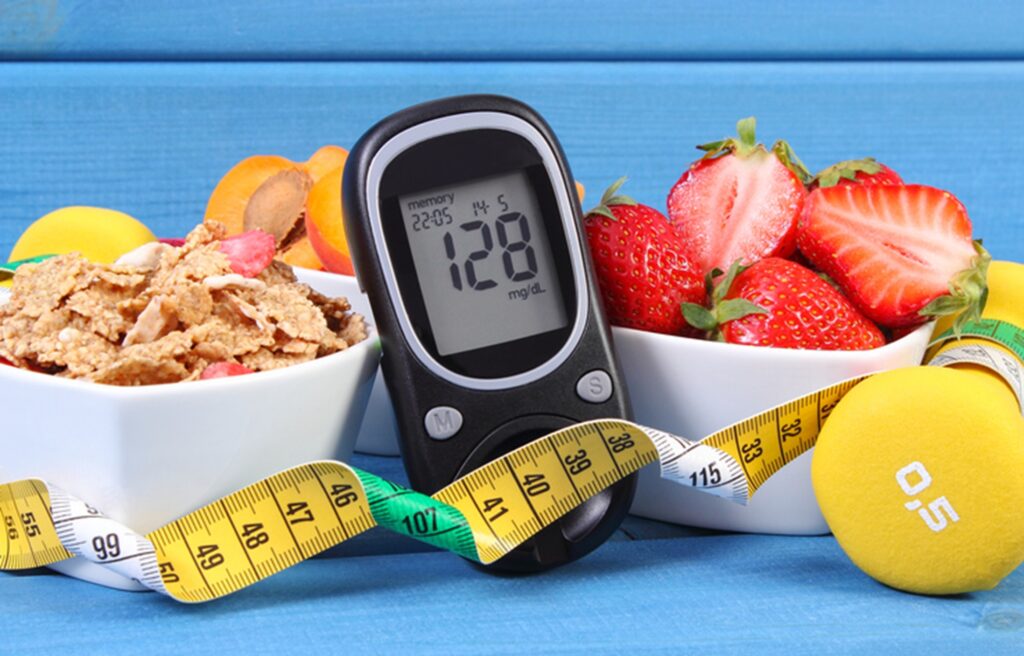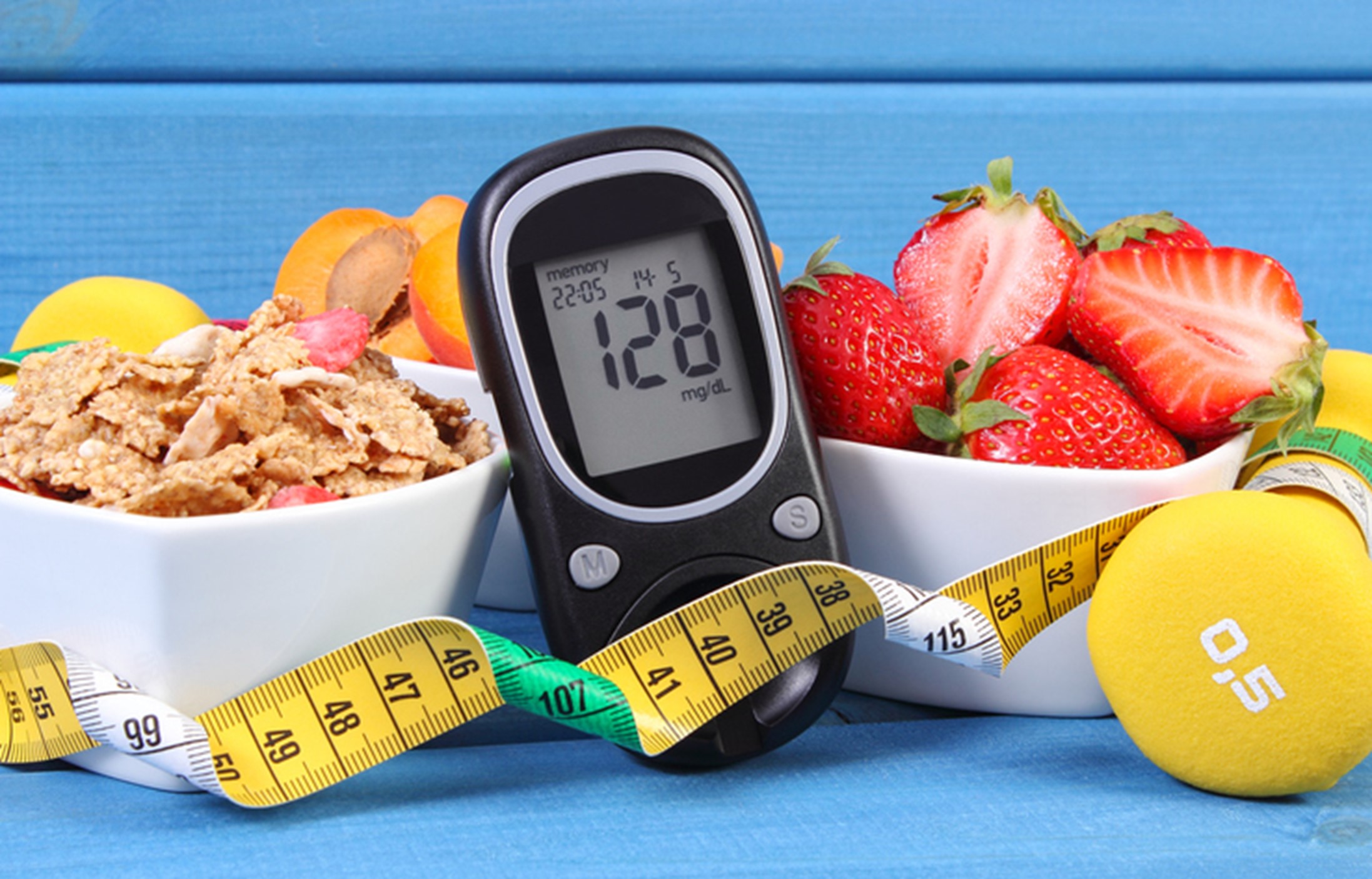10 Effective Ways a Vegan Diet Can Help Control Blood Sugar Spikes

A vegan diet, which eliminates all animal products, has gained popularity for its health and environmental benefits. For individuals concerned about blood sugar spikes and managing diabetes risk, adopting a well-planned vegan diet can be an effective strategy. By focusing on plant-based foods, you can naturally reduce your carbohydrate intake, increase fiber consumption, and improve overall insulin sensitivity. In this article, we’ll explore ten evidence-based ways a vegan diet can help control blood sugar spikes and promote better blood sugar management.
- Emphasize Whole Plant Foods: A key principle of a healthy vegan diet is to prioritize whole plant foods, such as fruits, vegetables, whole grains, legumes, nuts, and seeds. These foods are low in refined sugars and high in fiber, which can help stabilize blood sugar levels by slowing down the absorption of carbohydrates.
- Increase Fiber Intake: Fiber is a crucial component of a vegan diet and plays a significant role in blood sugar management. Soluble fiber, found in foods like oats, legumes, and chia seeds, forms a gel-like substance in the digestive system that slows down sugar absorption, preventing rapid blood sugar spikes.
- Opt for Low-Glycemic Foods: Choosing low-glycemic index foods on a vegan diet can further assist in controlling blood sugar levels. Foods like leafy greens, whole grains, and most fruits have a lower glycemic index, resulting in a gradual rise in blood sugar instead of sudden spikes.
- Replace Refined Carbs: Avoiding refined carbohydrates like white bread, white rice, and sugary snacks is essential in a vegan diet. Instead, opt for whole grain alternatives like brown rice, quinoa, and whole-grain bread, which provide a steady source of energy and prevent blood sugar fluctuations.
- Include Plant-Based Proteins: Protein-rich vegan foods like tofu, tempeh, legumes, and lentils can help stabilize blood sugar levels by slowing down the digestion of carbohydrates. Including adequate protein in each meal can reduce the impact of carbohydrates on blood sugar.
- Limit Added Sugars: A vegan diet can sometimes include processed foods high in added sugars. Read labels carefully and avoid products with added sugars, syrups, or sweeteners. Instead, satisfy your sweet tooth with natural sources like fruits and small amounts of natural sweeteners like maple syrup or dates.
- Monitor Carbohydrate Intake: For individuals managing blood sugar levels, it can be beneficial to track carbohydrate intake. This practice helps identify sources of carbs that may cause blood sugar spikes and allows for better portion control.
- Regular Physical Activity: Combining a vegan diet with regular physical activity enhances blood sugar control. Exercise helps improve insulin sensitivity and allows muscles to use glucose for energy, reducing blood sugar spikes.
- Stay Hydrated: Adequate hydration is vital for blood sugar management. Drinking water can prevent dehydration, which may lead to higher blood sugar levels. Choose water over sugary drinks to avoid unnecessary spikes.
- Consider Nutrient Supplements: While a well-planned vegan diet can meet most nutritional needs, certain supplements, like vitamin B12 and omega-3 fatty acids, may be necessary. Consult with a healthcare professional to ensure you’re meeting all nutrient requirements.
Conclusion: A well-balanced vegan diet can be a valuable tool in controlling blood sugar spikes and promoting overall health. By focusing on whole plant foods, limiting refined sugars, and increasing fiber intake, individuals can better manage their blood sugar levels and reduce the risk of insulin resistance and type 2 diabetes. Combining a vegan diet with regular exercise and proper hydration can further enhance these benefits. As with any dietary change, it’s essential to consult with a healthcare professional, especially if you have existing health conditions or are taking medications.





